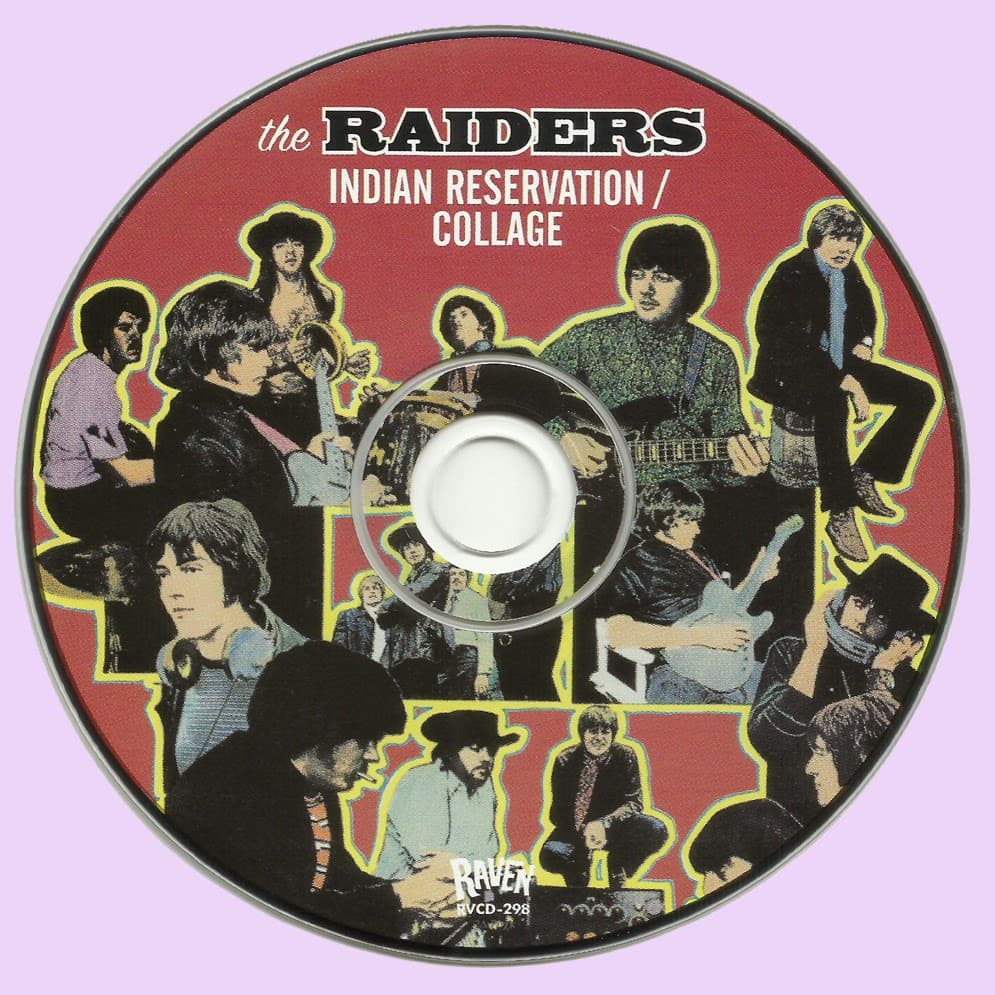
“Indian Reservation” by Paul Revere & The Raiders: A Powerful Anthem of Struggle, Loss, and Resilience
Few songs manage to channel the weight of history and the pain of an oppressed people as profoundly as “Indian Reservation (The Lament of the Cherokee Reservation Indian)” by Paul Revere & The Raiders. Released in 1971, the track soared to No. 1 on the Billboard Hot 100, marking the band’s biggest commercial success and their only chart-topping hit. It spent a remarkable three weeks at the top, resonating deeply with listeners during a time of social and political upheaval in America.
The song, written by John D. Loudermilk, tells the harrowing story of the Cherokee Nation—a tale of broken promises, displacement, and resilience in the face of cultural erasure. While Loudermilk originally recorded it himself in 1968, it was the version by Paul Revere & The Raiders, powered by Mark Lindsay’s impassioned vocals, that brought the song to widespread acclaim. With its haunting melody and evocative lyrics, “Indian Reservation” captures the sorrow and strength of a people forced from their ancestral lands, a tragedy encapsulated by the infamous Trail of Tears.
Musically, the song is both somber and anthemic, with a moody arrangement that mirrors the gravity of its themes. The sparse, echoing instrumentation underscores the loneliness and despair described in the lyrics, while the soaring chorus carries an air of defiance—a refusal to let the story of the Cherokee Nation fade into obscurity. Mark Lindsay’s performance is particularly noteworthy, his voice carrying both a quiet sadness and a simmering rage that mirror the emotional depth of the song.
The timing of the song’s release added to its impact. The early 1970s were a period of heightened awareness about social justice issues in the United States, including the ongoing struggles of Indigenous communities. “Indian Reservation” became a rallying cry, shining a spotlight on the plight of Native Americans and sparking conversations about historical injustices and the need for reconciliation.
Ironically, despite its success, some controversy surrounded the song’s historical accuracy. While its poetic imagery captured the spirit of the Cherokee’s plight, some details were generalized, reflecting a broader sense of Indigenous suffering rather than specific events. Still, the song’s emotional resonance transcended these debates, ensuring its place as a cultural touchstone.
“Indian Reservation” was later certified gold, with over a million copies sold, cementing its legacy as one of the most significant songs in Paul Revere & The Raiders’ catalog. Beyond its commercial success, it endures as a poignant reminder of a painful chapter in American history—one that continues to echo in the struggles and triumphs of Indigenous communities today.
For those who lived through the 1970s, this song is more than a hit record; it is a piece of cultural memory, a call to empathy, and a testament to the enduring power of music to give voice to the voiceless.